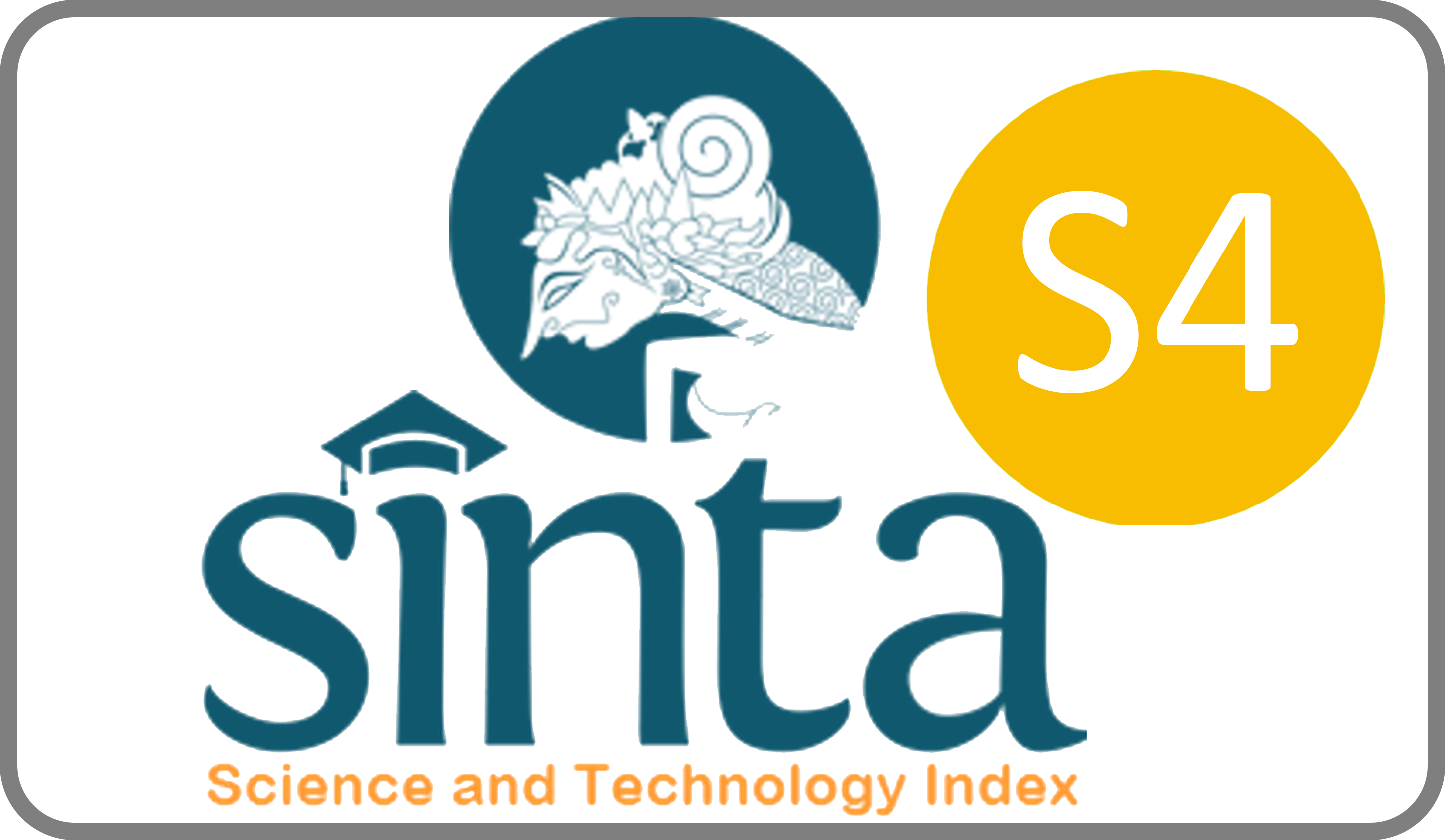TRAINING ON FISHERY PRODUCT HANDLING IN NURUL HUDA ISLAMIC BOARDING SCHOOL SURABAYA
Downloads
Islamic boarding schools are one of the traditional Islamic-based educational institutions that study Islamic religious sciences as their main study and apply them as daily charity. In terms of the curriculum, Islamic boarding schools no longer only provide religious education, but currently Islamic boarding schools provide additional subjects such as scouting, martial arts and entrepreneurship; both in the field of plantations, catering, sewing, cooperatives and others. Fishery product processing training is one of the methods to support economic independence in the form of entrepreneurship in Islamic boarding schools. Processing of fishery products is an activity that is carried out in stages, sequentially, cleanly and hygienically, and fulfills the quality requirements in order to convert raw fishery products into final products. The target of this community service activity is to form a fishery product processing business activity at the Nurul Huda Islamic Boarding School in Surabaya that is solid and able to compete in the market continuously so as to make the Islamic boarding school an independent institution and have a sustainable business. The method used is the method of approach that is carried out, among others, namely the Participatory method. The results that have been obtained from this activity are the increased knowledge of Islamic boarding school students on the importance of sanitation and handling of fishery products (processed products in the form of fish nuggets and dragon feet). The activity was attended by 40 students, with education levels, namely junior high and high school. As many as 90% of the participants in the Fishery Products Handling Technique training wanted further activities to increase their knowledge in the field of handling fishery products.
Dwi Eko Waluyo , Uci Yuliati , Joko Triwanto. 2016. IbM Pondok Pesantren Wirausaha Agro Industri. Kaji Tindak: Jurnal Pemberdayaan Masyarakat Vol. 3 No. 1
Komariah, N. 2016. Pondok Pesantren Sebagai Role Model Pendidikan Berbasis Full Day School. HIKMAH: Jurnal Pendidikan Islam Vol. 5, No. 2.
Makfi, M, M., Zahara, A, W dan Alifa, H, L. 2021. Peran Pondok Pesantren dalam Mencetak.
Wirausaha Industri Modern (Studi di Pondok Pesantren Aswaja Lintang Songo). Jurnal Mahasiswa FIAI-UII, at-Thullab, Vol.2, Nomor 2
Mardyanto, E. 2016. Manajemen Kewirausahaan Pondok Pesantren Berbasis Agrobisnis (Studi Kasus di PP Mukmin Mandiri dan PP Nurul Karomah). Jurnal Fikroh.Vol. 9. DOI : https://doi.org/10.37812/fikroh.v9i2.28
Soebahar, A, H. 2013. Modernisasi Pesantren: Studi Transformasi Kepemimpinan Kiai. Yogyakarta: LKIS.
Copyright (c) 2023 Lailatul Lutfiyah, Dwitha Nirmala, Rr Juni Triastuti, Sri Subekti

This work is licensed under a Creative Commons Attribution-ShareAlike 4.0 International License.
JLM by Unair is licensed under a Creative Commons Attribution-ShareAlike 4.0 International License.
1. The journal allows the author to hold the copyright of the article without restrictions.
2. The journal allows the author(s) to retain publishing rights without restrictions
3. The legal formal aspect of journal publication accessibility refers to Creative Commons Attribution Share-Alike (CC BY-SA).
4. The Creative Commons Attribution Share-Alike (CC BY-SA) license allows re-distribution and re-use of a licensed work on the conditions that the creator is appropriately credited and that any derivative work is made available under "the same, similar or a compatible license”. Other than the conditions mentioned above, the editorial board is not responsible for copyright violation.


















